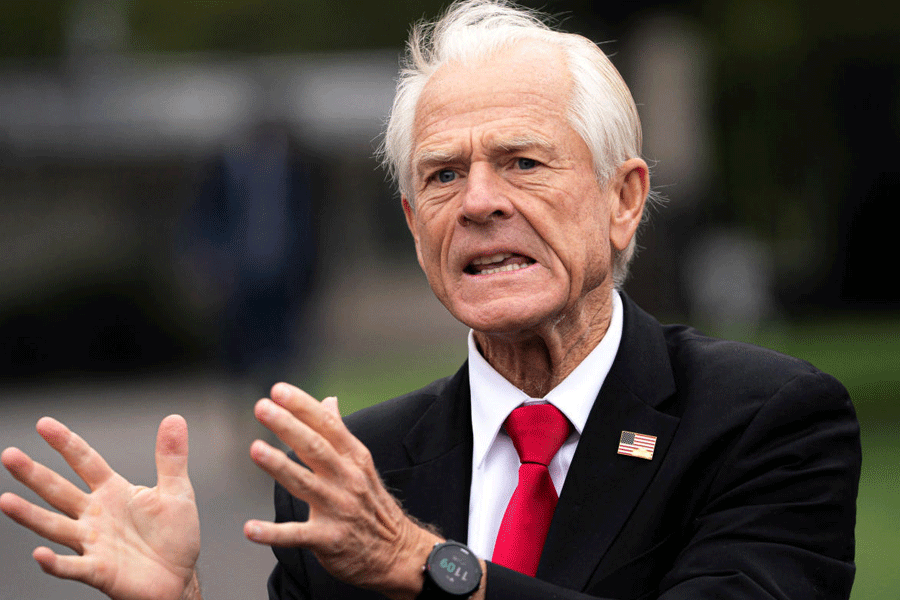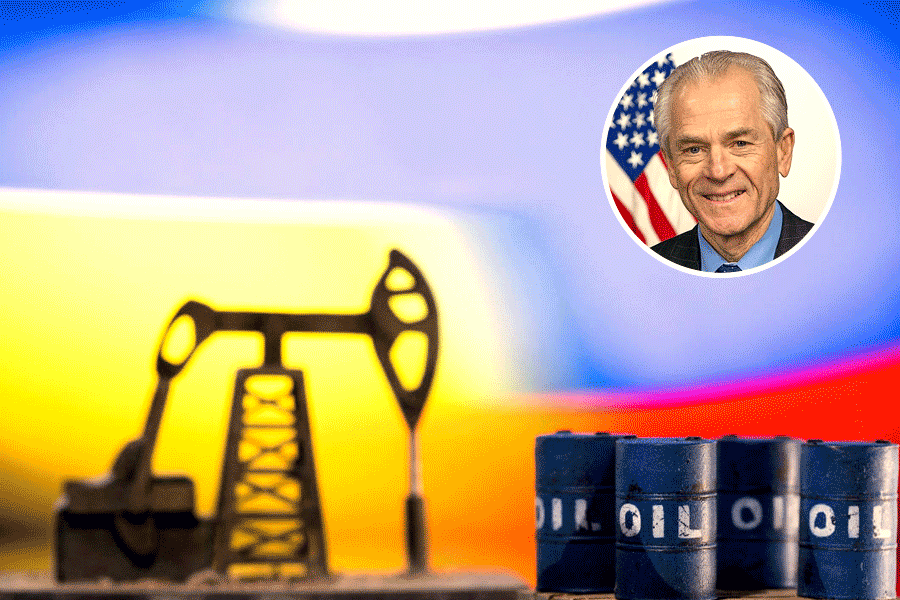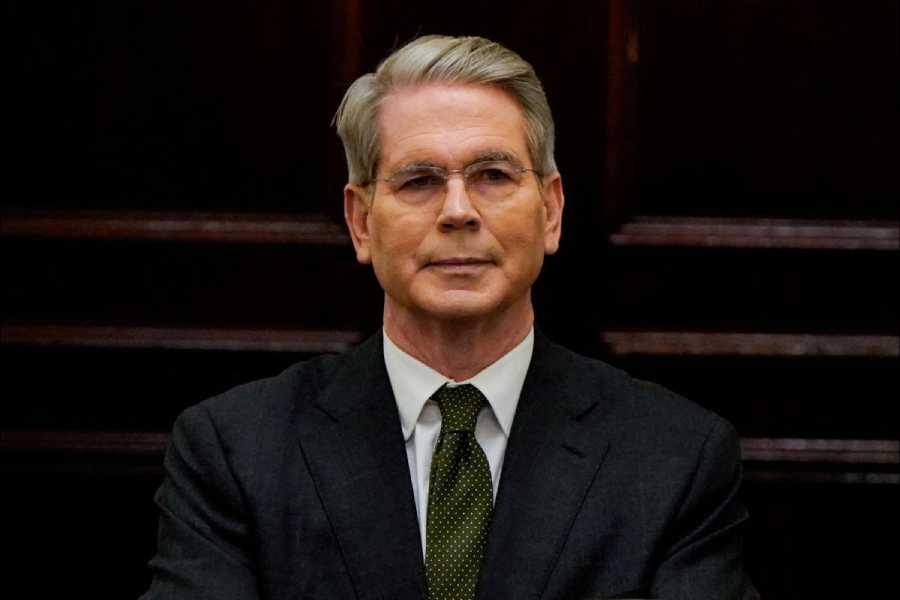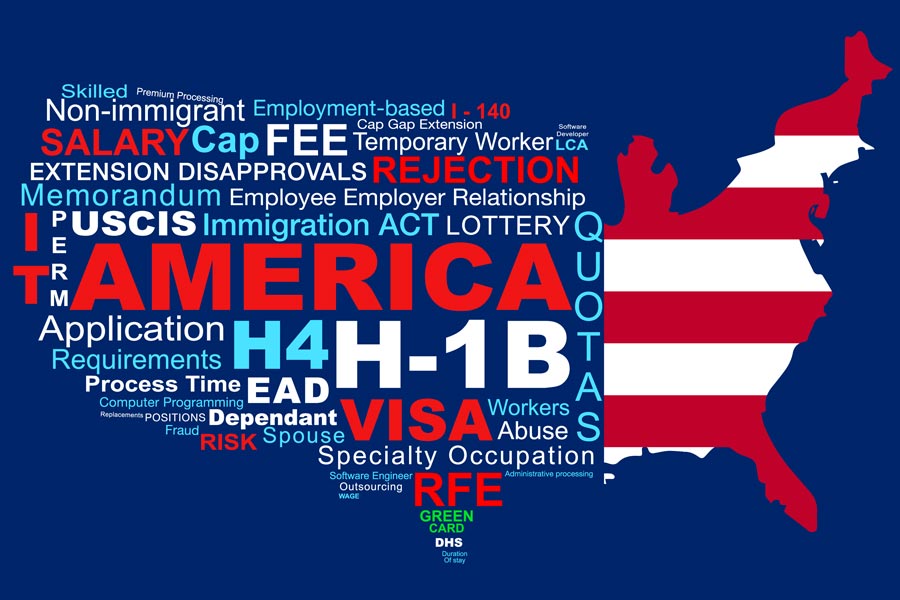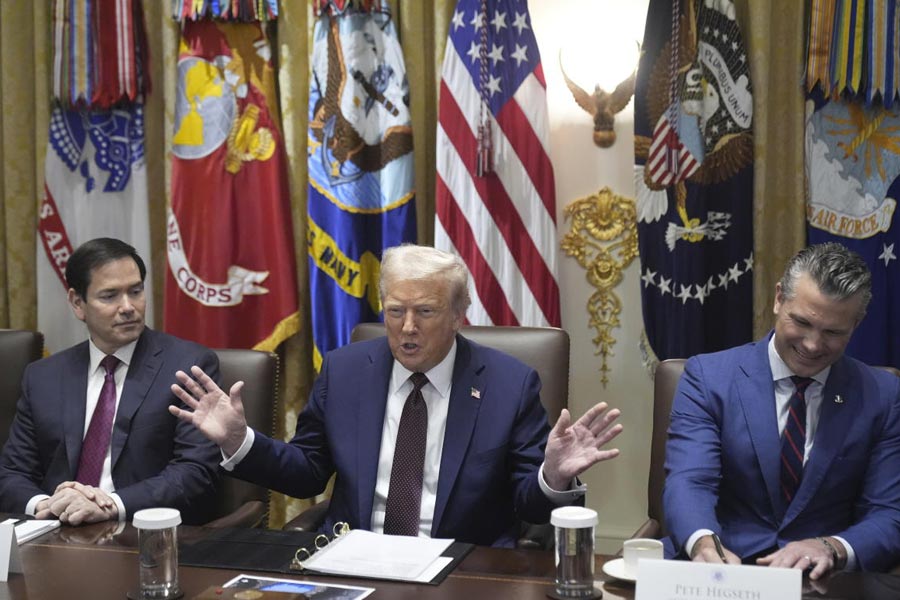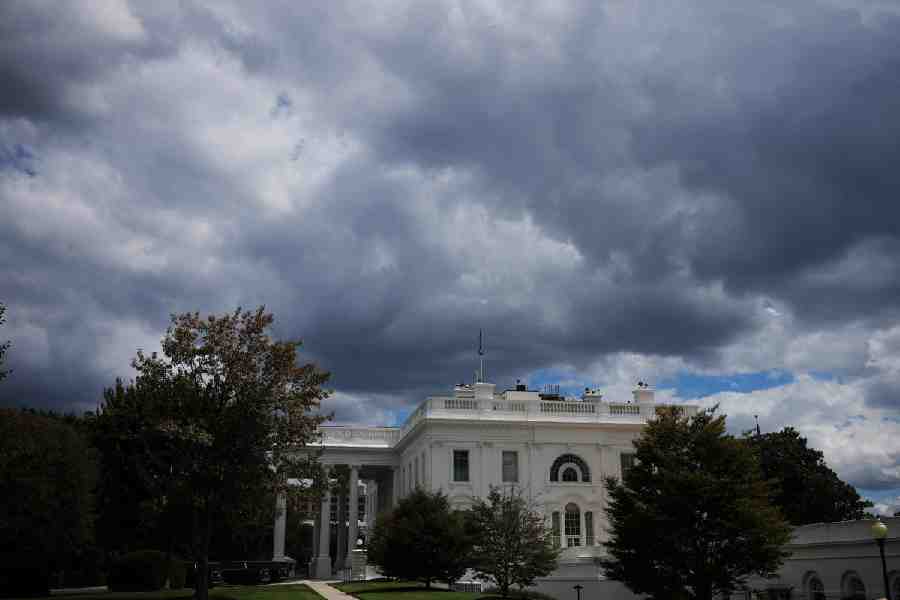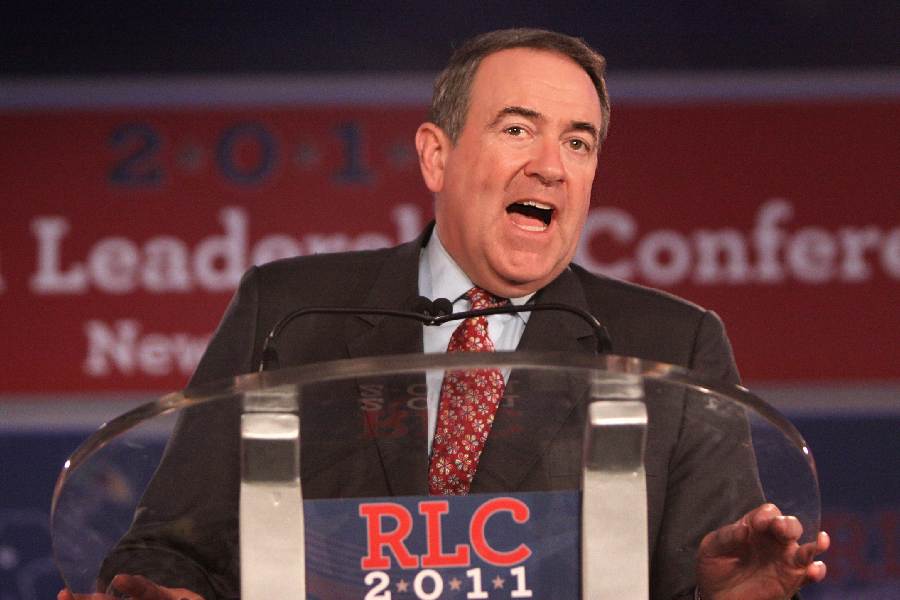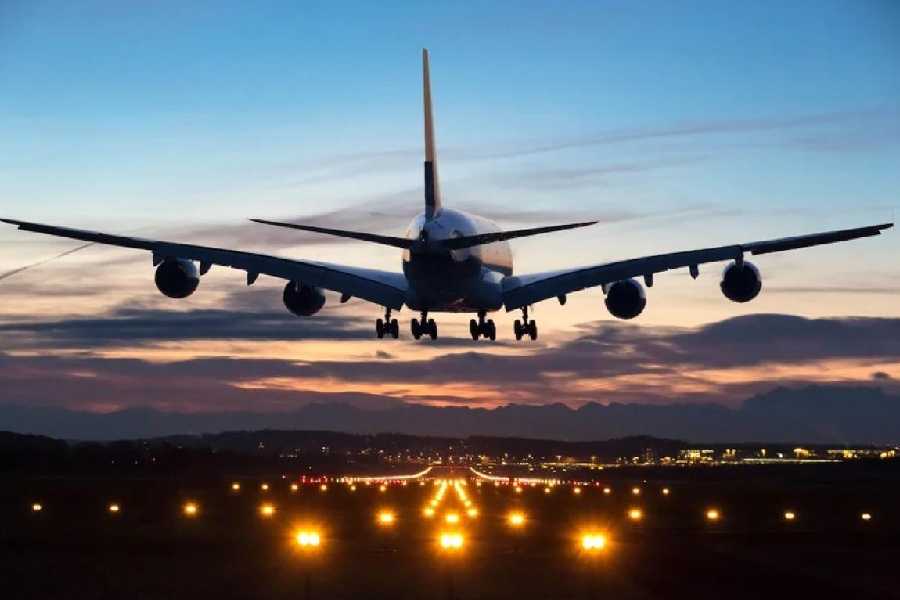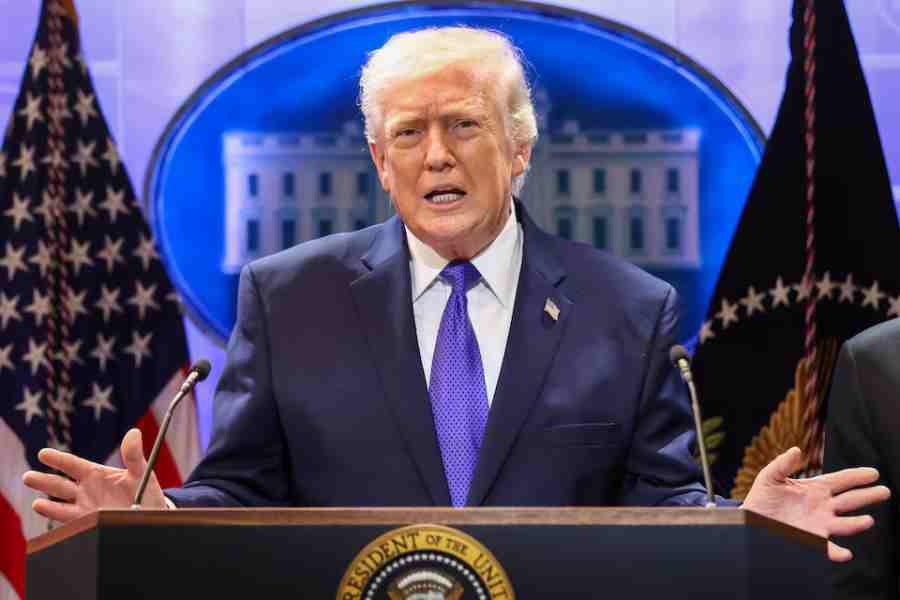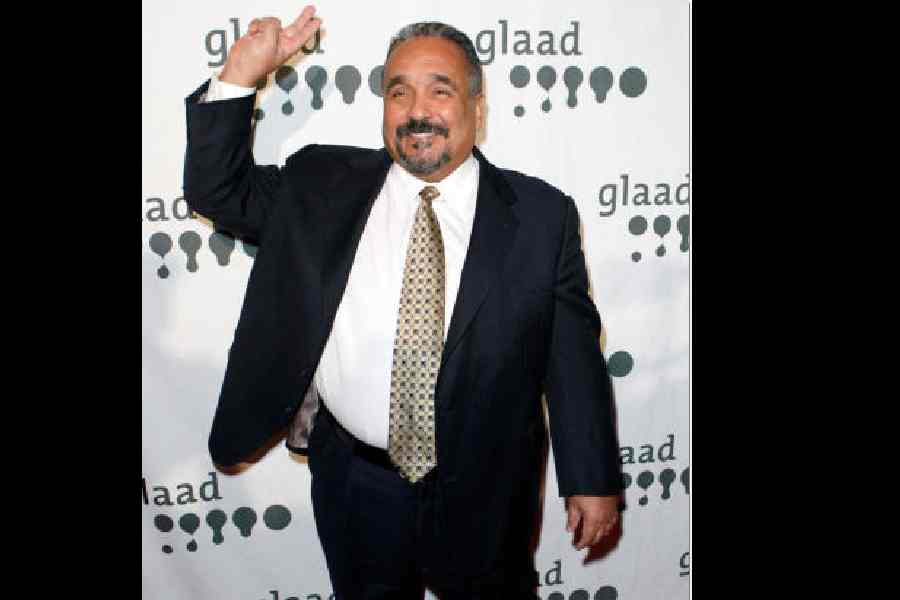White House trade adviser Peter Navarro has once again alleged that the Russia-Ukraine conflict is “Modi’s war”, piling up the pressure on Delhi that has been coming in on multiple fronts, from the threats against the H1-B visa programme to repeated claims of enforcing the ceasefire with Pakistan, from Washington.
“Everybody in America loses because of what India is doing,” Navarro told Bloomberg on Wednesday. “The consumers and businesses and everything lose, and workers lose because India's high tariffs cost us jobs and factories and income and higher wages. And then the taxpayers lose, because we got to fund Modi's war.”
Asked if he meant “Putin’s war”, Navarro reiterated: “I mean Modi's war, because the road to peace runs, in part, through New Delhi… India can get 25 per cent off tomorrow if it stops buying Russian oil and helping to feed their war machine.”
He added: “There's no dispute about that. If you look at the numbers and then they say…, ‘We're not going to stop buying Russian oil’. Now, what does that mean?”
This is not the first time Navarro has blamed Delhi for Moscow’s actions in Ukraine. Around 10 days ago, in a ferocious opinion piece in the Financial Times, he had written: “As Russia continues to hammer Ukraine, helped by India’s financial support, American (and European) taxpayers are then forced to spend tens of billions more to help Ukraine’s defence.”
Many seasoned analysts, however, feel that Russian oil is a red herring, and what has really irked Washington is the lack of access to India’s vast market via tariffs and other sundry bureaucratic levies and barriers.
“It’s the economy, stupid,” quipped a veteran diplomatic observer, when asked why Washington was going after India.
The White House’s treasury secretary Scott Bessent let that cat out of the bag on Wednesday, when he spelt out: “It’s not just about Russian oil.”
Bessent underlined that India had been “performative” in the posturing on the trade deal talks.
Navarro, like Bessent, called Prime Minister Narendra Modi “a great leader.” What he followed it up with ties neatly with the theory that the focus of Washington’s tariff gun is actually on India’s trade barriers.
Navarro said he was puzzled as India “is a mature democracy with intelligent people running it, and they look us bald-faced in the eye on the tariff part and say, ‘we don't have the highest tariffs in the world’, when, in fact, they do”.
H1-B visa under threat
Another front in the US pressure on India has been the Trump administration’s following up on the US President’s – and the American right-wing’s – aversion to the H1-B visa programme, of which India is the biggest beneficiary.
US secretary of commerce Howard Lutnick said on Wednesday that the Trump administration is planning to change the H1-B programme, the most sought after non-immigrant visa among Indian IT professionals, and also bring changes to the green card process.
“I'm involved in changing the H1-B programme. We're going to change that programme, because that's terrible,” said Lutnick.
Direct from Trump, Operation Sindoor pressure
And yet another pressure point has been Operation Sindoor.
Trump on Tuesday again contradicted India’s contention that there was no conversation between him and Modi while the military operation against Pakistan was on. He also dropped hints implying India lost its most expensive Rafale jets in the skirmish.
Trump’s repeated claims are a direct attack on the position of the government of his “friend” Narendra Modi that maintains there was no pressure from any foreign government to stop the military operation against Pakistan.
Heat is on for PM Modi
The prime minister himself has acknowledged the pressure. On Monday, two days before the full 50 per cent US tariffs kicked in, he said his government “can’t compromise on the interests of farmers, cattle-rearers, small-scale industries.”
He had added: “Pressure on us may increase, but we will bear it.”

